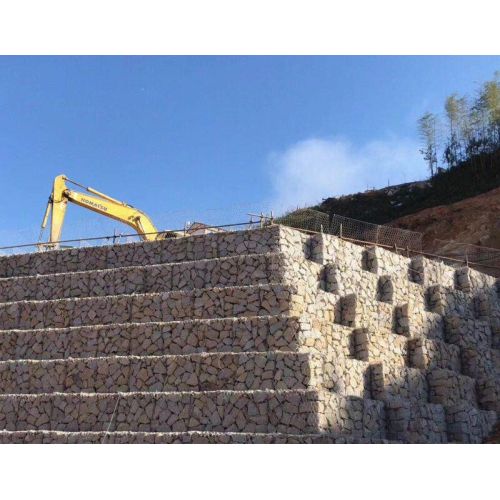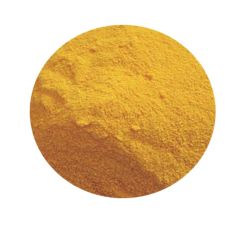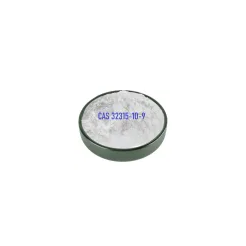anaerobic granular sludge for effective wastewater treatment
Product Description
Wastewater treatment plays a crucial role in maintaining a clean and healthy environment. Among the various treatment methods, anaerobic granular sludge has emerged as a game-changer, revolutionizing the way we manage wastewater. This remarkable natural phenomenon offers numerous benefits, ranging from effective pollutant removal to energy generation. In this comprehensive guide, we will delve into the world of anaerobic granular sludge and unravel its role in ensuring efficient and sustainable wastewater treatment processes.
1. Understanding Anaerobic Granular Sludge
Anaerobic granular sludge refers to a complex microbial community that forms dense, compact aggregates in the absence of oxygen. It consists of diverse microorganisms, including bacteria, archaea, and fungi, which work in harmony to degrade organic matter present in wastewater. The structure of anaerobic granules is unique, characterized by the formation of dense aggregates with distinct layers that facilitate the efficient removal of pollutants.
2. Formation of Anaerobic Granular Sludge
The formation of anaerobic granular sludge occurs through a process called granulation. Initially, free-floating microorganisms in wastewater start to aggregate, forming loose flocs. Over time, these flocs undergo selective pressures, leading to the development of dense and compact granules. The formation process involves the interplay of physicochemical factors, microbial interactions, and environmental conditions.
2.1 Physicochemical Factors
Several physicochemical factors influence the formation of anaerobic granular sludge. These include temperature, pH, organic loading rate, nutrient availability, and the presence of specific substances. Optimal conditions for granulation foster the development of robust microbial communities within the granules, ensuring efficient wastewater treatment.
2.2 Microbial Interactions
Microbial interactions play a pivotal role in the formation and stability of anaerobic granular sludge. Synergistic relationships, such as syntrophy and mutualism, drive the functioning of the microbial consortia. Syntrophic microorganisms degrade complex organic compounds into simpler compounds, which are then utilized by other microorganisms for further degradation. These cooperative interactions contribute to the resilience and effectiveness of anaerobic granular sludge in wastewater treatment.
Click here to learn more about anaerobic granular sludge for effective wastewater treatment




